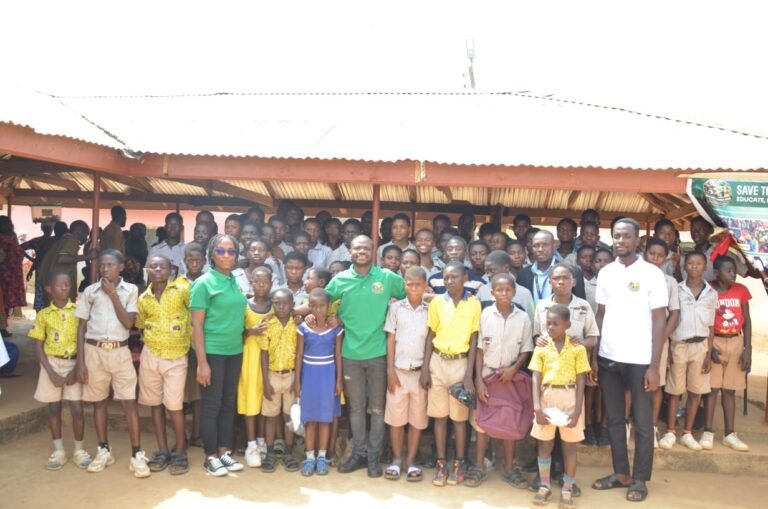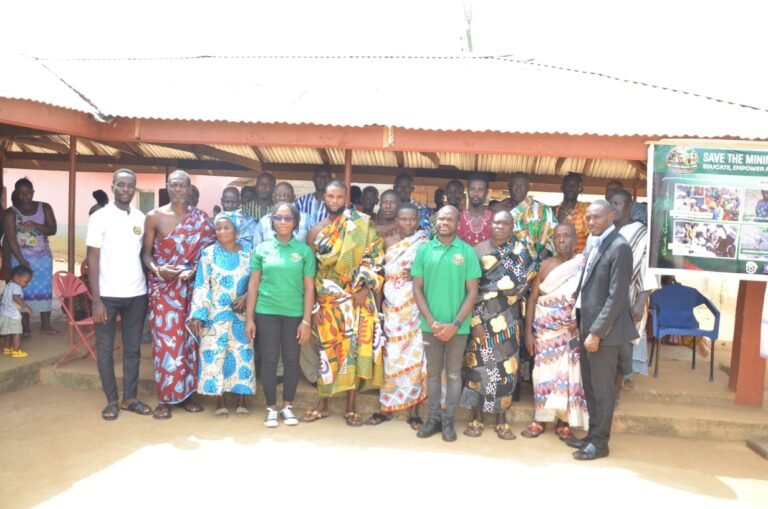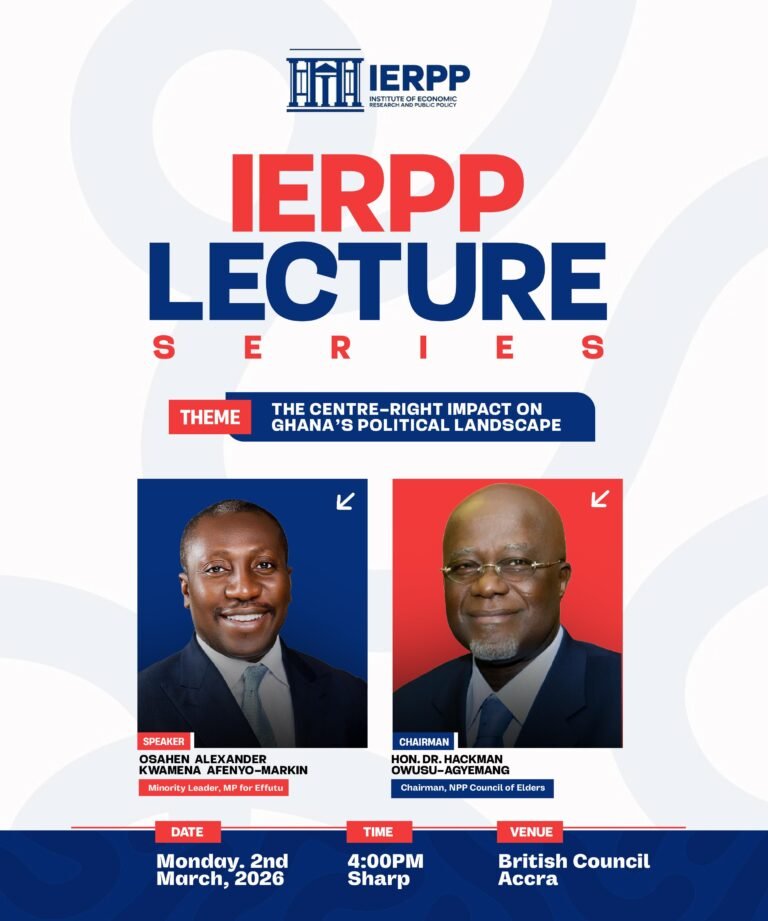
By Bright Philip Donkor
The Minister of Foreign Affairs and Regional Integration, Shirley Ayorkor Botchwey, has emphasised the urgent need for enhanced regional collaboration to tackle pressing maritime challenges in the Gulf of Guinea.
She made the call during the Council of Ministers meeting of the Gulf of Guinea ahead of today’s 6th Ordinary Session of the Council of Ministers of the Gulf of Guinea Commission (CGG-GGC) at the Accra International Conference Centre (AICC). It is under the theme “Building a Safe, Secure and Prosperous Gulf of Guinea Region for Sustainable Development” .
The Gulf of Guinea Commission was established by a Treaty, which was signed in Libreville, Gabon, on 3d July 2001. The Member States of the Commission include the Republic of Angola, Republic of Congo, Gabonese Republic, Federal Republic of Nigeria, Democratic Republic of São Tomé and Principe, Democratic Republic of Congo, Republic of Cameroon, Republic of Equatorial Guinea and the Republic of Ghana.
GGC role
The Minister underscored the critical role of the Gulf of Guinea Commission (GGC) in providing robust policy and strategic guidance to address a spectrum of threats facing member states. These threats include Illegal, Unregulated and Unreported (IUU) fishing, maritime terrorism, smuggling, oil theft, pipeline vandalism, and trafficking.
These issues, she indicated, posed significant risks to both the security and economic stability of countries dependent on the Gulf of Guinea’s maritime resources.
“With the expectation of results that will guarantee the desired outcome of protecting this very important maritime domain for shared collective good of all stakeholders, we cannot operate with a ‘business as usual” approach’,” she stressed.
The Minister recalled that previous meetings of the Commission discussed strategies, including the establishment of laws common to all Member States, to guide the exploitation of resources in line with its desire to strengthen security arrangements for the protection of the region.
That notwithstanding, she said, the Commission’s desire had not materialised into measurable results, as anticipated, for a more sustainable approach to the exploitation of the resources of the coasts for the benefit of countries of the Gulf of Guinea.
Revaluation
She, therefore, emphasised the need to re-evaluate approaches, and re-strategise to find innovative ways to handle the ever-changing dynamics of the threats enumerated.
“A key component of our task is the consideration of the Commission’s Plan of Action and Budget Estimates for Year 2024 as presented by the Executive Secretariat in accordance with the relevant Treaty provisions. In considering this document, we should be guided by the paramount interest of maritime security and peace of the geopolitical Gulf of Guinea, which would guarantee the safety of the coastal states and peaceful sustainable exploitation of the Blue Economy resources,” she stated.
She further mentioned the critical issue of funding which had a direct bearing on the implementation of the Plan of Action and the budgetary activities Commission.
“While this will be up for discussion later today, I kindly implore Member States to honour their outstanding financial obligations to the Commission, to ensure the availability of funds to undertake the relevant programmes and activities to fulfil the mandate of the Executive Secretariat,” she stressed.
She added that one important issue that would require the Commission’s attention was the position of Director of Finance which continued to be vacant despite the expression of interest of some Member states to fill the vacancy.
She appealed to Member States who had expressed interest to honour their existing obligations to the Commission to enable them put up a candidate. She said the filling of that vacancy would provide the full complement of staffing at the Executive Secretariat and facilitate the effective functioning of the Commission.
“Other critical issues, including appointing the next Chairperson of the Commission and the date and place for the next Ordinary Session of the Council of Ministers, will be duly considered by this Meeting. As I conclude, permit me, once again, to warmly welcome you all to the 6th Ordinary Session of the Heads of State and Government of the Gulf of Guinea Commission (GGC), and to use this opportunity to call on Member States to remain keenly engaged in the operations of the Commission, as we go through the process of Treaty Review and Revitalisation,” she added.
Collective efforts
She told the Member States of the GGC that “collective efforts are crucial to surmount the myriad of challenges to the development of the geopolitical Gulf of Guinea region, which transcend national boundaries”
She stressed that advancing the maritime security and economic interests of the region for its common good was a collective responsibility as Member States. “All effort must, therefore, be employed to strengthen peace and security in the geopolitical Gulf of Guinea region in order to promote a vibrant and sustainable blue economy.
“Lastly, the frequency of our interactions should not be limited to Ordinary or Extraordinary Sessions; more importantly, there should be increased engagements between the Executive Secretariat and Member States, at Senior or Expert levels, for the development of strategic plans to achieve the objectives of the Commission,” she added.
Appreciation
The Executive Secretary of the Gulf of Guinea Commission (GGC), Jose Mba Abeso, expressed gratitude towards Ghanaian authorities, particularly President Nana Addo Dankwa Akufo-Addo, for the warm reception and excellent accommodations provided during their visit.
Abeso highlighted the significance of Ghana’s hospitality in reinforcing the region’s camaraderie and legendary hospitality. “We have experienced a warm and brotherly reception here in Ghana, which deeply moves us and reaffirms the legendary hospitality of this nation,” stated Abeso, reflecting on the positive atmosphere of their stay.
“I am confident that the recommendations outlined in our discussions will be received positively by the Council of Ministers and will be given the utmost consideration,” Abeso remarked. He noted a procedural matter concerning an ongoing audit within the Commission, indicating that the audit process had been temporarily halted to allow for corrections in accounting figures.
He expressed the view that the audit team should resume their duties promptly after the meeting, though he acknowledged that the final decision rests with the Ministers. The Executive Secretary reaffirmed the Commission’s commitment to addressing regional challenges and fostering cooperation among member states.




